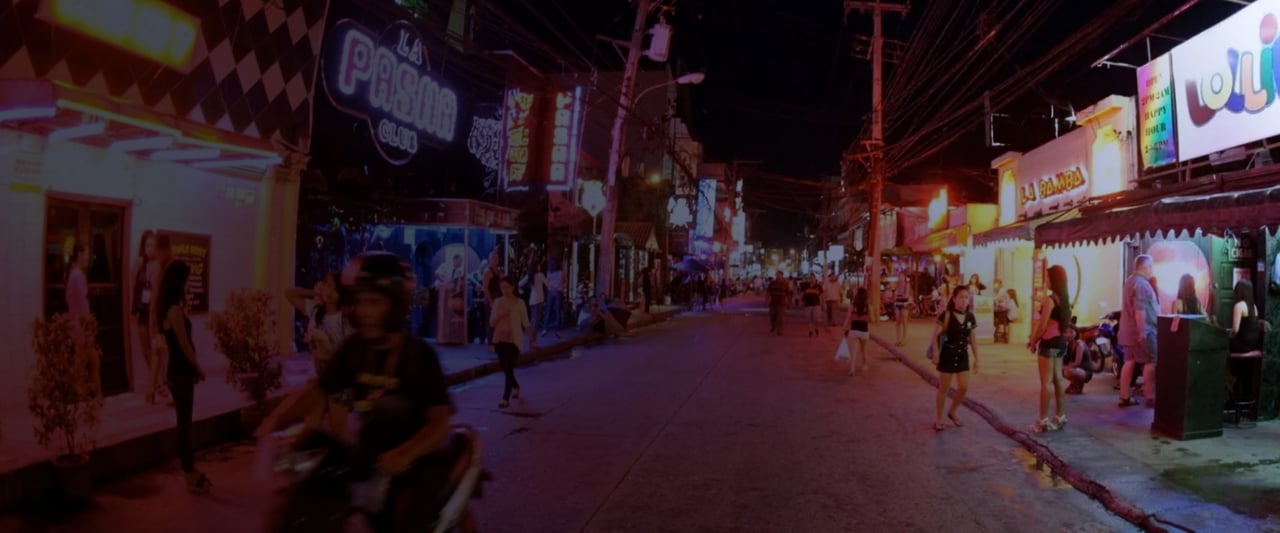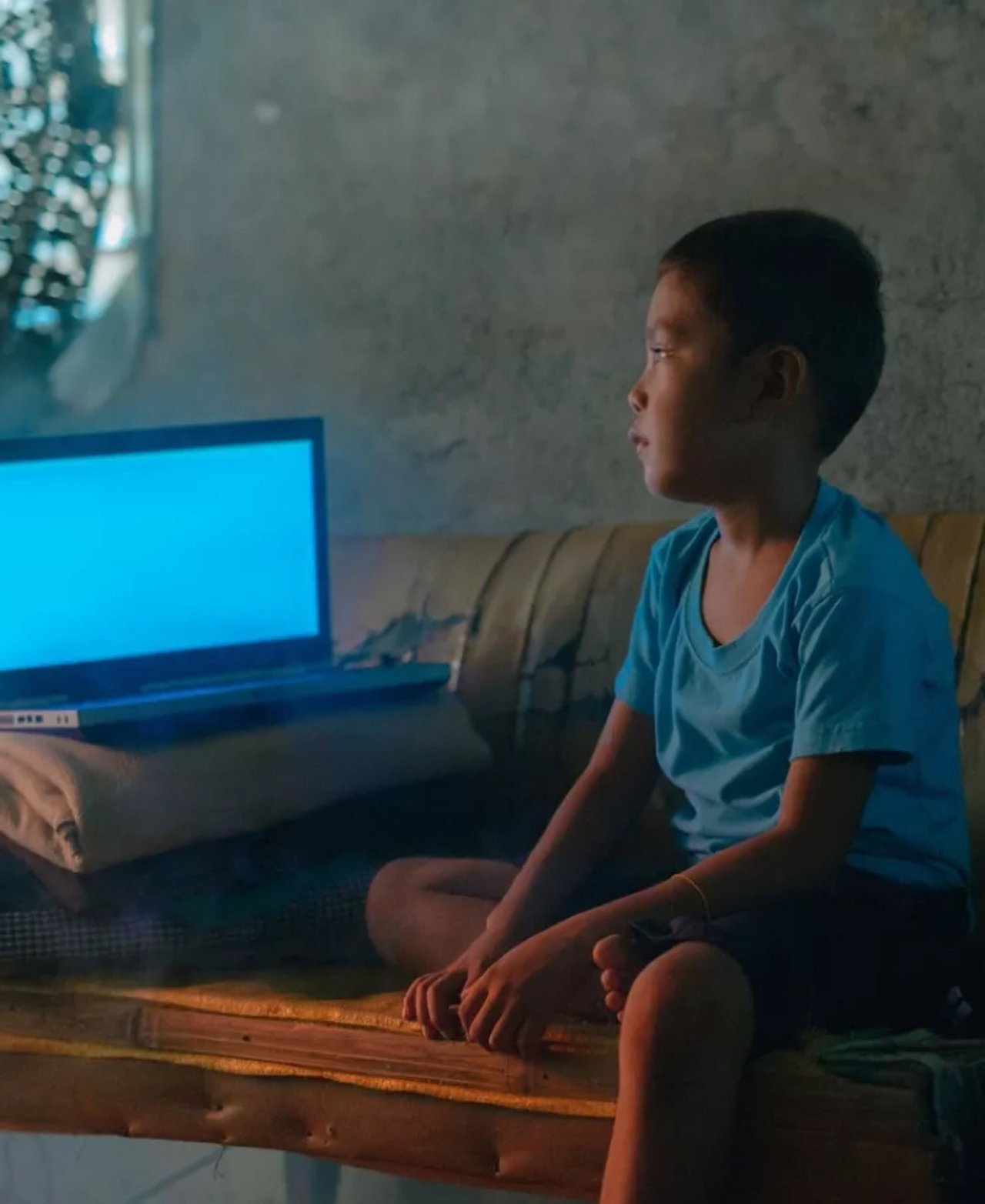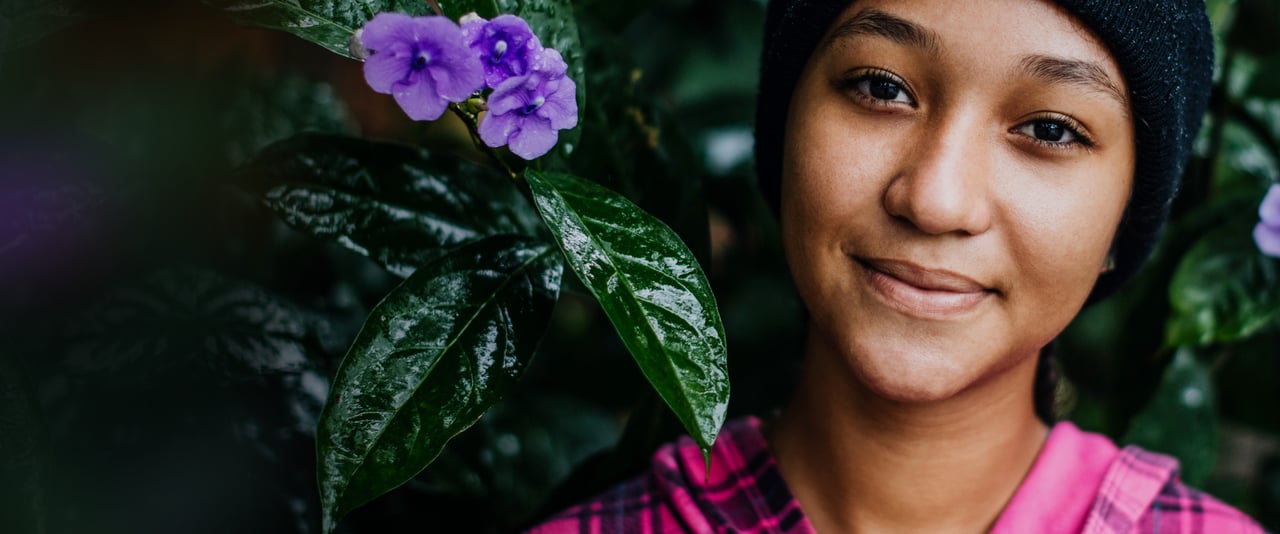
The Problem
Sex Trafficking
Every year, millions of vulnerable children and women are trafficked for sex around the world.
In today’s digital age – online sexual exploitation of children has increased dramatically. Sexual abusers anywhere in the world with internet access can now direct the livestreamed sexual abuse of boys and girls on computers and mobile devices, hidden in private homes or internet cafes.

The vast majority of trafficking victims come from desperate economic situations and are more likely to take risks accepting vague job offers promising quick cash. Once they are trafficked, victims find themselves facing violence as a constant threat. In addition to serial rape, children and adults forced into the commercial sex trade are particularly vulnerable to physical assault from owners, pimps, recruiters and customers.
Though sex trafficking is a worldwide phenomenon, it is most pervasive in countries with under-resourced justice systems where perpetrators know they can easily escape significant consequences while making a large profit.
-

Almost 1.7 million children are exploited in sex trafficking.
-
Survivors of sex trafficking have described being beaten, forcibly injected with narcotics, and forced to watch the abuse of their own children.
-
$324.5 billion a year is generated from human trafficking — 75.5% of that from commercial sexual exploitation.
Our Solution
Our Proven Community Protection Model
Because of the severity of the crime, traffickers, pimps and others who profit from the sexual exploitation of women & children are particularly deterred by law enforcement action.
When the likelihood of serving serious jail time and paying significant financial damages increases, the potential financial rewards are no longer worth the high-risk, and traffickers change their behavior. This results in safe communities where women and children can live in safety and freedom because they are dramatically less likely to be trafficked.
Our Response
IJM combats sex trafficking in Latin America, Southeast Asia, Europe and Africa.
We don’t stop at rescuing people from sex trafficking. Our goal is to take holistic action towards building a safer future by preventing the crime from happening in the first place.
Together with our partners, we:
-
RESCUE VICTIMS: We identify children and adults forced into the commercial sex trade, support professional law enforcement rescue operations and ensure that all people, including non-trafficked individuals who may be present, are treated with dignity during the operation.
-
BRING CRIMINALS TO JUSTICE: We partner with local authorities to help build strong cases against traffickers, pimps and other perpetrators and support their prosecution.
-
RESTORE SURVIVORS: We create individual treatment plans for each survivor, partner with excellent aftercare homes, provide focused trauma counseling and support access to school and vocational opportunities.
-
STRENGTHEN JUSTICE SYSTEMS: We provide training and hands-on mentoring to law enforcement, judges, prosecutors and other professionals, and advocate for improvements to the justice system that will ensure cases are heard and survivors are protected.
Our Results
IJM has spent more than 25 years partnering with law enforcement and justice system officials to combat some of the worst forms of violence.
We have proven over and over again that strengthening justice systems to enforce the law deters criminals and protects people from violence. That's two and a half decades of progress that wouldn’t have been possible without your support and the help of IJM partners. Take a look at the impact we made together.
IJM-supported operations have had a major impact on cases of sex trafficking globally. This is our progress so far (as of 2021).
-
75-86%
DECREASE IN CASES
-
742
PERPETRATORS CONVICTED
-
860
CHILDREN RELIEVED
-
781
CHILDREN RESTORED

FEATURED PUBLICATION
Originally submitted to the World Health Organization as part of a WHO-UNICEF initiative to implement the anti-violence Sustainable Development Goals relating to children.
Meet Kashi
Kashi* was told nobody would believe her if she spoke up. But now, she’s telling her story.
When she was just five years old, Kashi was taken from her family in her home of Mumbai, India, and sold to a man in Kolkata. For the next ten years, she was forced to cook and clean around the clock while enduring physical, emotional and sexual abuse.
Later, the family sold 15-year-old Kashi for the second time in her life. This time, to a brothel. Afraid she’d lose her life, she didn’t think anyone was looking for her. But help was on the way.


Help protect vulnerable women and children from sex trafficking
You can help rescue victims, help survivors heal, and protect others from ever being trafficked in the first place.
Learn more about our Casework
-
Violence Against Women and Children
Women and children are particularly vulnerable to violence when no laws are enforced to protect them.
-
Domestic Violence
-
Sexual Violence
-
Slavery
Millions of men, women and children are trapped in modern-day slavery around the world.
-
Sex Trafficking
-
Labour Trafficking
-
Online Sexual Exploitation of Children
-
Forced Scamming
-
Police Abuse of Power
When police are free to misuse their power, vulnerable people are the ones who suffer from their violent actions and false accusations.














